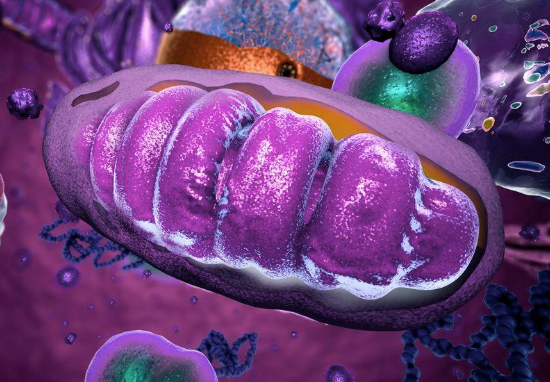Supporting Your Adrenal Glands
- Dr. Jon Kaiser

- May 21, 2021
- 3 min read
Many people with Long-haulers Syndrome experience symptoms that can be related to abnormal adrenal gland functioning. While the information below is specific to people suffering from Longhaulers symptoms, it can be generalized to anyone suffering from a chronic illness.

The Adrenal Glands
The adrenal glands produce several hormones that help protect your body from stress. While adrenaline (also called epinephrine) helps protect your body from acutely stressful events, such as getting out of the way of a speeding car, other adrenal gland hormones, including cortisol and DHEA, help protect your body from medium and long-term stress.
The majority of adrenal gland hormones are steroid hormones. By definition, this means their structure is derived from cholesterol. If your cholesterol level is too low, your body may be unable to make a sufficient amount of adrenal hormones.
While cortisol and DHEA levels usually rise during the initial phase of an illness, as an illness persists, production of these hormones often declines. This state is often described as adrenal fatigue. As the protective effects of cortisol and DHEA diminish, a chronic inflammatory state can develop. This chronic inflammatory state is like a smoldering fire that can weaken and damage your body over time.
Many Longhaulers are plagued by erratic immune function that causes them to feel like their immune system is “stuck in the on position” leading to symptoms which include rashes, sore throat, fatigue and other flu-like symptoms, despite the absence of any active infection.

Imbalances in the level of cortisol and DHEA can contribute to this erratic immune behavior. In extreme cases, low cortisol production may be due to a damaged pituitary gland. This condition is known as Addison’s disease, and it’s believed to be an autoimmune condition. If a diagnosis of Addison's disease is suspected, it is important to pursue an assessment by an endocrinologist.
One accurate way to check your cortisol and DHEA levels is with a salivary adrenal profile test. This test monitors your adrenal hormone levels over a 12-hour window by measuring multiple saliva samples. A normal cortisol level is highest in the first sample (7am) and then gradually declines throughout the day. Cortisol and DHEA are hormones that can be tested, monitored and supplemented in pill form. Their supplementation should be managed by an experienced physician who can monitor your progress and fine tune your levels.
Symptoms associated with low cortisol:
• Anxiety • Depression • Headaches • Insomnia • Chronic pain • Itching and rashes • Low blood pressure • Chronic inflammation
Symptoms associated with low DHEA:
• Anxiety • Depression • Headaches • Insomnia • Weight loss • Poor immune function
• Chronic inflammation
Adaptogens
The first step to optimally supporting the neuroendocrine system is to restore its mitochondrial health. This is best accomplished by following the mitochondrial nutrient support protocol described in my previous Blog (see HERE).
There is also a class of herbs (botanicals) called “adaptogens” that can provide additional support to adrenal gland functioning. Some adaptogens, like ashwagandha, are used in Ayurvedic medicine, while others, like ginseng, astragalus and rhodiola, have been used for centuries in Asia and Europe.
Many researchers think adaptogens work by helping the body’s autonomic nervous system maintain a normal, healthy and relaxed state. These botanicals can assist the body during times of stress and help it recover more quickly once a stressful situation resolves.

Conclusion
When it comes to managing your hormones, the two most important concepts are ‘balance’ and ‘regular monitoring’. Since hormones have powerful effects, and they all work together to create a balanced state, it’s best if they are supplemented under the supervision of an experienced physician utilizing regular monitoring and testing.
Recovery from post-viral syndrome requires putting all the right pieces together into a comprehensive treatment program. This includes supporting your body with the proper diet, effective nutrient supplements, hormonal support, microbiome support and pharmaceutical medications if and when needed.
Please forward my Blog to your family and friends.
Keep Hope Alive!
Jon D. Kaiser, M.D.
(415) 381-7655




Comments